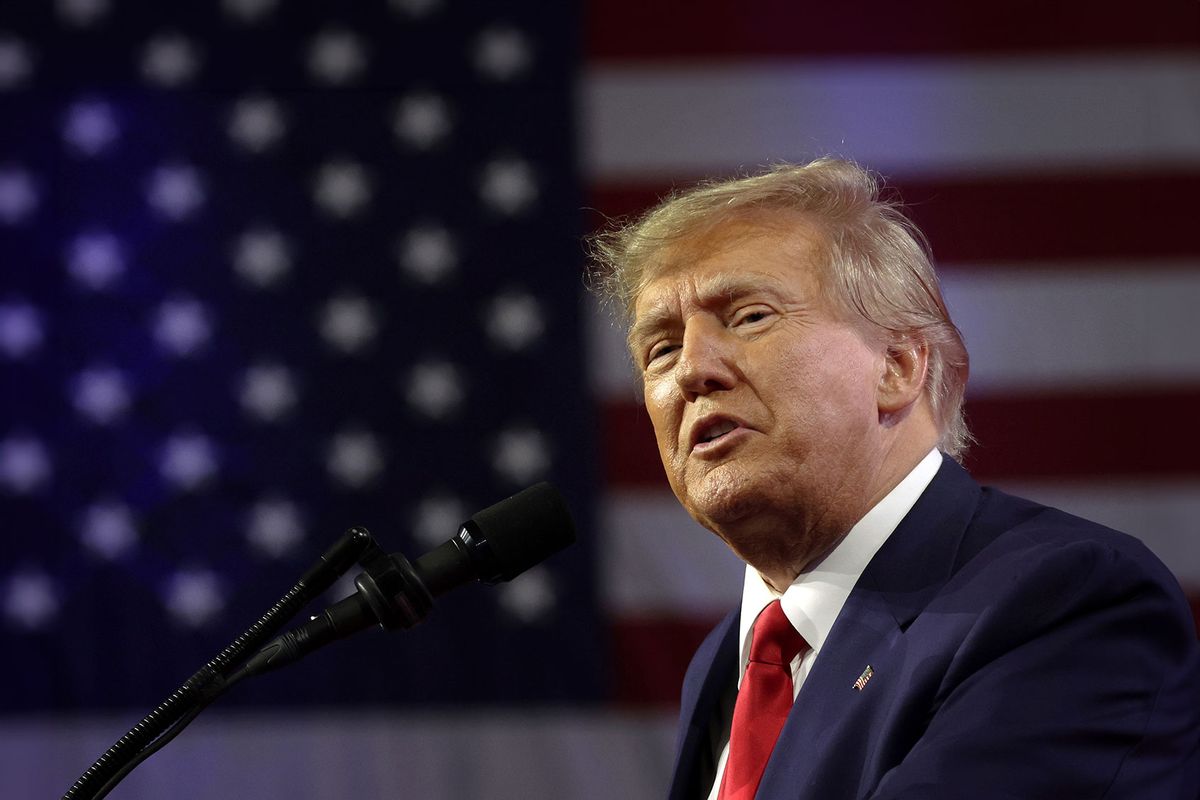The Supreme Court’s Monday ruling restoring former President Donald Trump to the Colorado ballot raised questions about whether he could be disqualified by Congress if he wins the election.
The court unanimously ruled that states cannot remove Trump from the ballot under Section 3 of the 14th Amendment but the justices split as the conservative majority ruled that only Congress can enforce the Constitution’s insurrectionist ban.
The ruling raised questions about whether a Democratic majority in Congress could then refuse to certify a potential Trump win if they determine he violated Section 3.
“So under the Court's legal analysis, if Trump wins but Democrats take the House and hold the Senate, Congress can invalidate Trump's victory and throw us into chaos?” questioned national security attorney Bradley Moss.
“Is it an argument in favor of the majority's result that it heads off a possible constitutional crisis if Trump wins the election but then Dems, in the absence of legislation and uniform standards, refuse to count his electoral ballots on Jan. 6, citing the 14th A?” asked Randall Eliason, a professor at the George Washington University School of Law.
Gerard Magliocca, a law professor at Indiana University, stressed that the majority opinion was “very unclear” about whether a Section 3 challenge could be brought after the election.
“A blunder,” he tweeted.
Derek Muller, a law professor at Notre Dame University, disagreed that the court opened the door to a post-election challenge, noting that the liberal justices in their opinion complained that the majority ruling forecloses any other ways for Congress to enforce the provision, according to the AP.
We need your help to stay independent
Steve Vladeck, a court expert at the University of Texas, agreed that the ruling does not appear to allow Congress to refuse to count electoral votes after the election, noting that the majority “went out of its way to limit federal enforcement to statutes enacted under Section 5” of the 14th Amendment, which vests Congress with the authority to adopt “appropriate” legislation to enforce the other parts of the Amendment.
“If Section 3 can only be enforced through Section 5 statutes,” then the Electoral Count Reform Act, which governs the counting of electoral votes, “wouldn’t count,” Vladeck tweeted.
Rick Hasen, an election law expert at UCLA, noted that the court’s liberal justices expressed concerns that the ruling “gives the Supreme Court major power to second guess any congressional decision over enforcement of Section 3” even though nothing in Section 3 supports these limits or procedures.
“What this means is that if Congress tries to disqualify Trump, either before or after the election (which Congress may well try to do), the Supreme Court will have the last word on doing so,” Hasen wrote. “We may well have a nasty, nasty post-election period in which Congress tries to disqualify Trump but the Supreme Court says Congress exceeded its powers.”
Read more
about Trump's Supreme Court cases

Shares